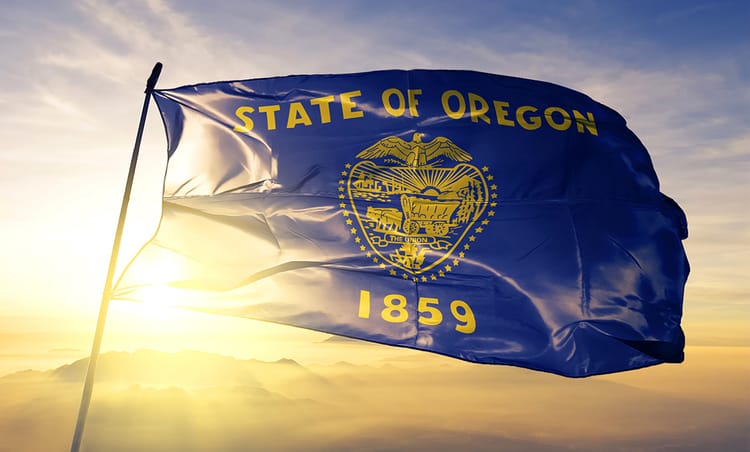Looking Ahead to Session’s Final Week

With only one week remaining of their five-week session, Oregon lawmakers are turning the corner for the sprint to the finish line. The time constraints and deadlines of the short session leave little margin for error and, in some cases, compromise. The urgency to send bills out of committee to keep them alive for the session is raising the overall temperature of the building, with little indication of tempers cooling down. Nonetheless, the legislature is on track to complete its session without the walkouts that plagued past sessions.
The frantic pace of activity is a hallmark of any session, especially a short session, but the new dynamics of legislating in a hybrid virtual environment have added complications into an already chaotic process. Among the more controversial bills of the session is the proposal to require agricultural employers to pay overtime to farmworkers. Earlier in the week, the presiding officers announced the formation of a special committee to discuss and act on a revised proposal offering a refundable tax credit to these employers. To the layperson, creating a special committee might signal a breakthrough in the negotiations and the stalemate over bill readings. In reality, however, the committee served as a legislative shortcut, providing a streamlined process that avoids a second chamber hearing, which would open the door to further amendments and controversy. At this point, it seems the snail’s pace of floor sessions caused by the bill readings could extend until adjournment, making for even longer days as the legislature crawls to the finish line.
Meanwhile, a significant amount of work remains in store for the legislature in its final week. Policy committees are officially closed for the session, leaving only rules, budget, and tax committees as the playground for bills. The Ways & Means Committee plans to meet over the weekend to finalize its appropriations for individual policy bills before its attention shifts to the colossal task of divvying billions of dollars in unanticipated revenues. Democratic leadership offered an olive branch to Republicans by allocating $100 million for rural communities, represented mainly by the minority party, to spend on new infrastructure investments. And, despite taxes taking a back seat this session, the tax-writing committees are up against the clock to finalize an omnibus tax policy bill that took more than two weeks longer than planned to move out of the Senate. The stage is set for an eventful final week of the session.
Although the short session hasn’t adjourned, there are already rumors of a special session on the horizon. On Thursday, Gov. Kate Brown (D) announced the state would lift its pandemic-related state of emergency and mask mandate in the coming weeks. Over the past two years, the legislature has crafted new policies tailored around the pandemic, using the state of emergency as the effective period. With the state of emergency coming to an end, some lawmakers are encouraging political leaders to extend those policies beyond the pandemic, either temporarily or permanently. So, to paraphrase Michael Corleone in The Godfather, “Just when we thought we were out, they pull us back in.”





